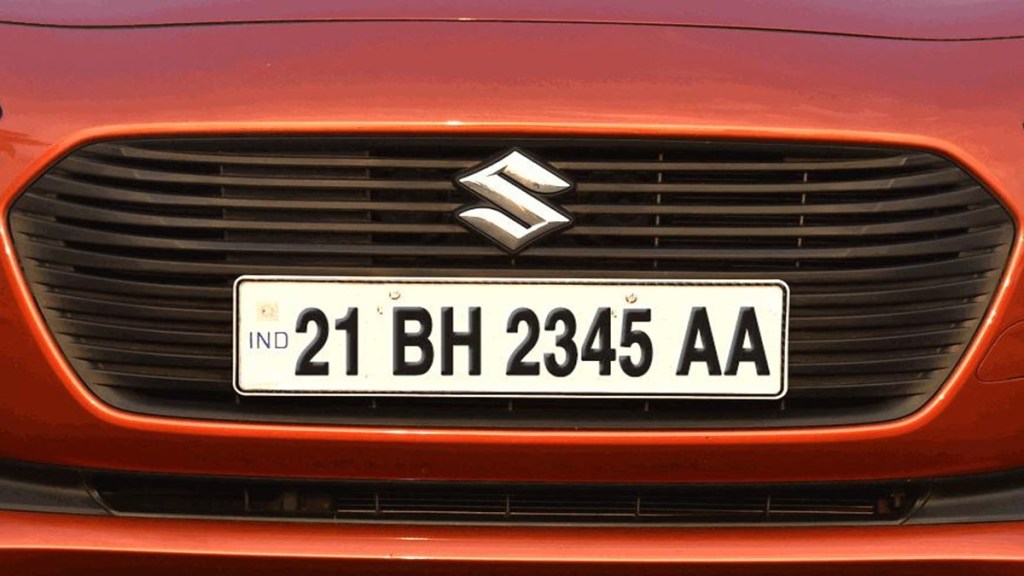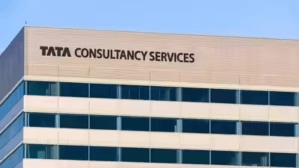Divyajyoti Paul
In August 2021, the Ministry of Road Transport and Highways (MoRTH) introduced the Bharat (BH) series numberplate, revolutionising vehicle registration and promoting uniformity nationwide. Prior to BH, vehicle owners who frequently changed their state of residence faced a challenge – every relocation after one year required a new number plate, entailing payment of the new state’s road tax, obtaining a no-objection certificate (NOC), and seeking a refund from the original state of registration. It was an ordeal, and that’s why BH series was welcome.
How to get the BH plate
Central government employees, bank officials and private sector employees with offices in four or more states/UTs are eligible. You need to submit a copy of your official ID card (for government employees) or your working certificate in Form 60 (for private employees) to your dealer, who will apply to get a BH registration number for your car.
Benefits of the BH plate
Opting for BH series over a state-specific one makes compelling financial sense. This is due to lower road tax rate (between 6% to 14%, depending on fuel type) in comparison to what many states levy. Moreover, tax is calculated on the invoice value of the car (price before GST and cess), and thus is more cost-effective. In addition, road tax under BH series needs to be paid for two years at a time, making the upfront cost low.
With such benefits, BH series was expected to be a runaway success, but that didn’t happen. In the first 15 months after notification, the MoRTH reported 49,696 BH series vehicle registrations, with Maharashtra leading at 13,625, accounting for just over 1% of the total 2022 motor vehicle sales. While lack of awareness could be a factor, there are multiple roadblocks stifling BH series adoption.
Non-support from states: Road tax is a major contributor to state coffers. Despite being on the Concurrent list, states have had the autonomy to decide road tax rates, with some states levying as much as 21% tax on ex-showroom prices of cars. For such states, BH would cause a significant dip in tax collection. States from south India, for example, showed some resistance towards implementing BH series, citing 5-7% lesser revenue per car. In some states, private employees were not extended the benefit of BH registration, and it was only after judicial intervention that this was allowed. Even now, over 10 states and UTs have not implemented BH series, leading to many eligible consumers purchasing BH series cars from neighbouring states.
Lack of awareness: There is lack of awareness amongst dealers and consumers about BH series. Many consumers have voiced grievances about dealers inadvertently calculating road tax based on ex-showroom price instead of invoice price.
Requirement to prove eligibility every two years: The biennial road tax collection system necessitates repeated submission of eligibility documents every two years, which is burdensome. Moreover, any discrepancy in this procedure could lead to fines and expiration of vehicle registration.
Challenges selling in second-hand markets: Selling a BH registered car is restricted to eligible BH series applicants. If sold to another individual, it necessitates pro rata state road tax payment, affecting resale potential due to increased compliance demands. While this challenge may diminish with increasing awareness and demand for BH series, it poses an obstacle, particularly during early years.
Road to success
While current challenges may persist, it is imperative to promote BH series in the interest of consumer welfare. The MoRTH must take the lead in driving awareness and encouraging adoption. Successful implementation at the national level requires collaboration between the Centre and states to minimise revenue loss. Furthermore, the recent move by the MoRTH to allow vehicles with state registration to obtain a BH numberplate is a significant step that will bolster BH adoption.
Broadening the eligibility criteria to include digital nomads and individuals relocating for genuine health, educational or family reasons is essential. To effectively address these gaps, immediate action should include issuing dedicated notifications to car dealers and providing comprehensive guidelines and instructions for BH series applications. Additionally, there should be flexibility in extending the validity of road tax payments and eligibility proof beyond the current two-year limit. Online platforms specializing in secondhand car sales can also capitalize on this opportunity by dedicating a section for BH series vehicles. With two years having passed since its inception, it is crucial to refine and streamline BH registrations. Such efforts will transform this consumer-centric government policy into the resounding success it rightfully deserves to be.
(The author is a public policy professional and lawyer)








